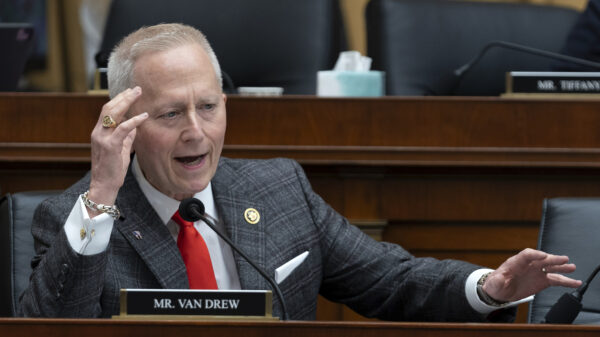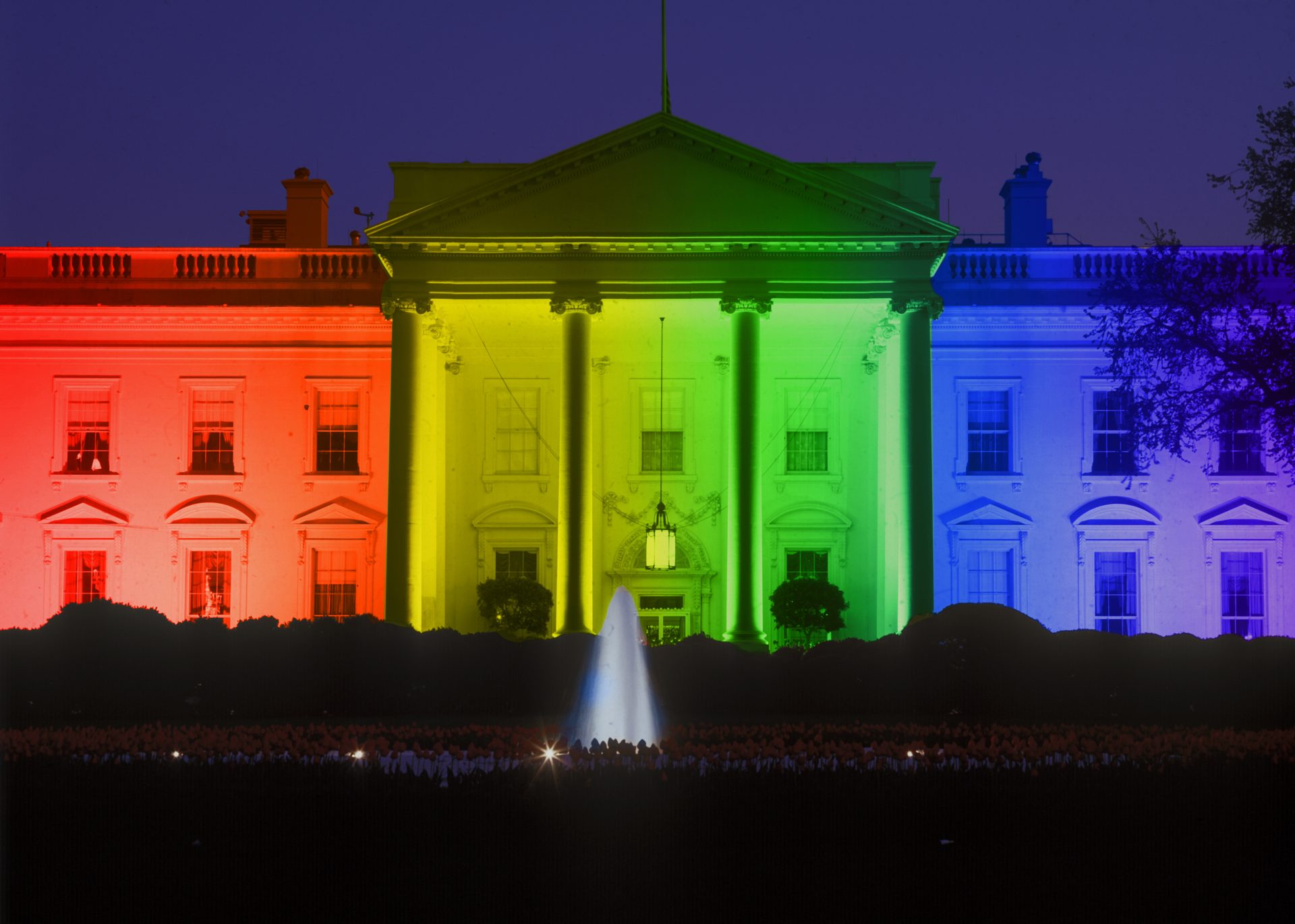The Supreme Court of the United States has been petitioned to reconsider its landmark decision that legalized same-sex marriage. This request, brought forth by former Kentucky clerk Kim Davis, seeks to challenge the 2015 ruling in Obergefell v. Hodges, which affirmed marriage equality under the Fourteenth Amendment.
In a pivotal ruling on June 26, 2015, the Supreme Court concluded that states could not limit marriage to heterosexual couples, thus mandating that all states recognize same-sex marriages. This decision was reached with a narrow 5-4 vote, establishing a legal framework that protected the rights of same-sex couples nationwide.
Background of the Case
The controversy surrounding Kim Davis emerged shortly after the Supreme Court’s decision. As the Rowan County clerk, Davis refused to issue marriage licenses to same-sex couples, claiming her religious beliefs conflicted with her official duties. Following her refusal, she was sued by a same-sex couple, resulting in a court ruling that mandated she pay a fine of $100,000 and serve six days in jail for contempt of court.
Davis’s recent petition raises significant legal questions, particularly regarding the First Amendment and whether it should offer her protection against personal liability for her actions while in office. Her legal team frames the case as a conflict between the exercise of personal faith and her obligations as a public official. Despite these claims, it remains clear that a public servant in Rowan County violated constitutional rights.
Legal Precedents and Implications
The Supreme Court’s willingness to revisit this matter is uncertain, particularly since a previous appeal from Davis was denied on October 5, 2020. Earlier this year, the United States District Court for the Eastern District of Kentucky upheld the decision against her. In his ruling, Chad A. Readler, a Circuit Judge, emphasized that Davis’s interpretation of First Amendment protections does not exempt her from liability. He stated, “Davis instead exercised the full authority of the Rowan County Clerk’s office to enact an official policy of denying marriage licenses to same-sex couples, one every office employee had to follow.”
As the Supreme Court prepares to deliberate on cases for its upcoming term, concerns persist regarding the future of marriage equality in the United States. On August 11, 2023, ABC News reported that the Court is likely to discuss Davis’s request in the fall, raising worries among advocates for same-sex marriage.
The 2022 Respect for Marriage Act offers some protection by affirming the rights of same-sex and interracial couples already married, but any shift in policy could affect future marriages. As discussions surrounding the Supreme Court’s docket unfold, many fear for the stability of the Obergefell decision under a conservative-leaning Court.
In a statement to USA Today, Mary Bonauto, lead attorney for the plaintiffs in Obergefell, expressed hope that the Court would choose not to review Davis’s case. She noted, “There’s good reason for the Supreme Court to deny review in this case rather than unsettle something so positive for couples, children, families, and the larger society as marriage equality.”
With the implications of this potential review looming, the legal landscape for same-sex marriage remains uncertain, and the outcome could resonate significantly throughout the United States.








































































